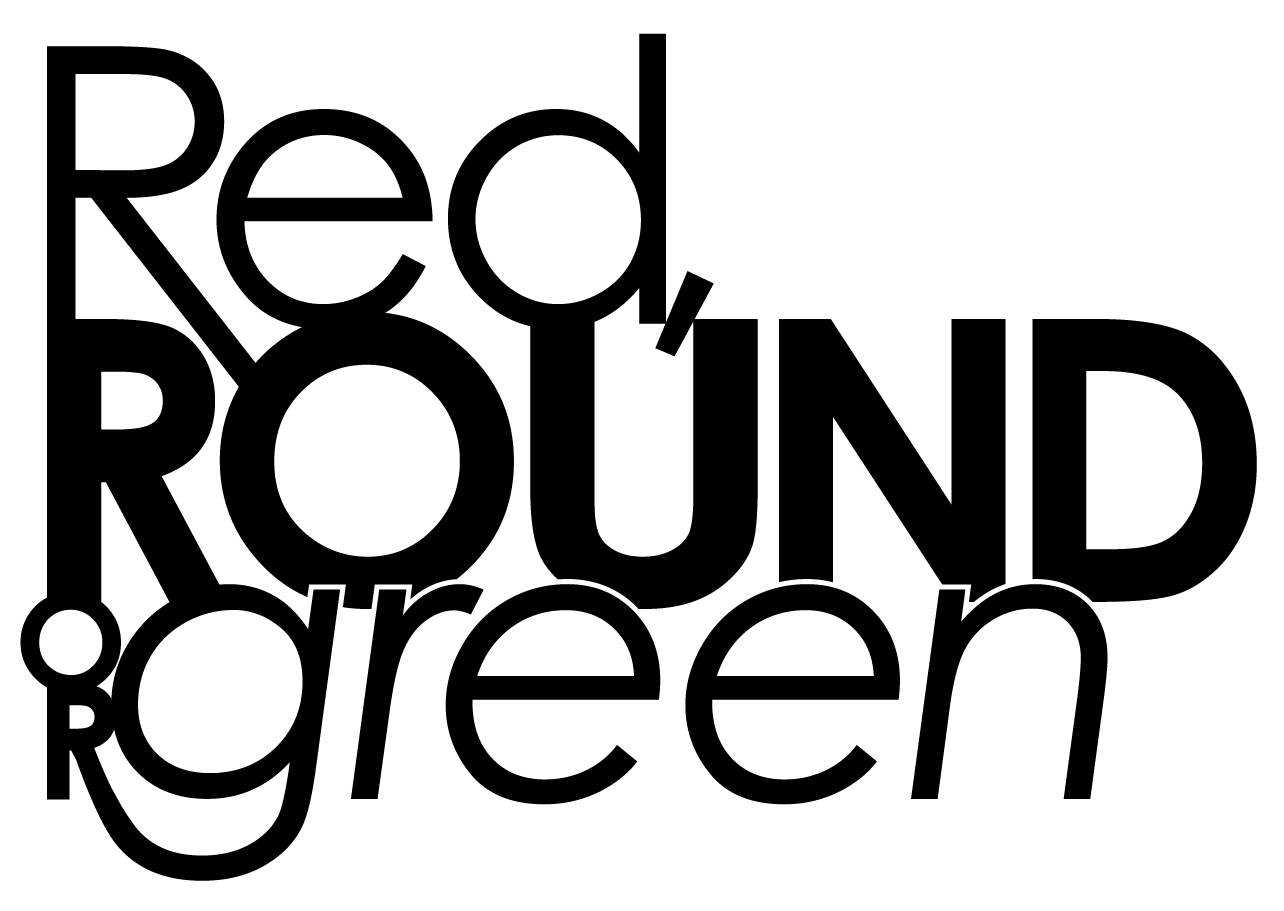Not long before the holiday break, L.’s Kindergarten class was engaged in a “health and nutrition” unit at school. I’d seen it in the newsletter, so I knew it was coming, but otherwise I stayed totally out of the whole thing. I resisted my temptation to ask what would be included, to offer assistance, or to butt in at all. I wanted to see if he’d come home talking about it, and if so, what kind of information he’d bring. I wanted to be a Nutrition Unit Voyeur.
The major takeaway, so far, appears to be: “If you have a big belly, you’re not healthy. If you don’t have a big belly you’re healthy.”
I’ll let that sink in for a minute.
I’m surprisingly lacking in head-exploding ire about this development. It’s bothersome to me on many levels, but I haven’t yet felt more than a passing urge to go down to the school and have a chat with the teachers about how this, of all messages, managed to become the one that seems to have stuck with my six-year-old son. Or how this message, even as one of the many I’m sure they were trying to teach, may have stuck with and will continue to resonate with all the little girls in his class. Or how it plays with the school’s population, which – as I can vividly see not only at the school each day when I pick L. up, but in the albums of events and daily happenings that get posted online – is alarmingly, and overwhelmingly, far heavier than the general population of kids in our neighborhood.
If I DID have the urge to have such a conversation, I would be tempted to start with any one of the following lead-ins:
“I was checking out the Facebook album from the holiday concert. So cute! But, um, I couldn’t help noticing that the majority of the students, at least the ones you photographed, appear to be moderately to severely overweight. That’s not a problem for me – I’m not sizeist or anything. I was just wondering if you could explain why you’re teaching the kids that big bellies are unhealthy and if you think that bothers all the ones with big bellies? Thanks in advance!”
“I was talking to L. about the health and nutrition unit and he had SO MUCH to say about it! Mainly he told me that bread’s a healthy food and that if you have a small belly you’re really healthy. Now he thinks that the skinny kid in his class who only eats white bread and crackers for lunch is probably the healthiest kid he knows! Was that your intention?”
“Funniest thing…we’ve never talked about weight or size in our house, but lately my kid’s been checking out his belly and trying to decide what it says about him. I’m sure it’s just one of those phases, but out of curiosity, have you noticed at all that any of the children are now taunting one another by using your belly size-health correlation as fodder? I just want to be prepared in case this is going to be the new bully tactic – you know, after they get tired of messing with him for wanting to play with the dollhouse at after-school care.”
It’s probably a good thing that I’m not foaming at the mouth to get down there and initiate discussion, huh?
I do not, by the way, place the blame solely on L.’s teacher, who I think is a wonderful person and appears to be a great educator. I like her, he loves her, and we have a pretty good relationship. I’ve also had enough discussion with her to know that she has more than a basic grasp of the fundamentals of health and nutrition – certainly well beyond the “big belly, little belly” level, and even beyond the “bread is a healthy food!” level. We’ve talked in passing about dietary restrictions, about the possible effects of wheat and dairy on certain people and certain health conditions, and about her views on moderation in the classroom setting. I know she’s chagrined over the state of home-packed lunches for students that include little more than chips and candy, and I know she tries to hold a firm line on the “no-junk” stance during snacktime in her room. Nothing is perfect and no person could BE perfect in this regard, but I give her an A for effort, particularly in context of the school environment around her – which is so junk-laden, and even junk-dependent in some ways, as to be either depressing or laughable.
But I digress. What I mean to say is that I don’t think she’s the sole mastermind behind this curriculum and how it’s being taught. And what I truly wonder is this: What kind of changes would I really ask for, if I walked into that school to have a sit-down with her, or with the principal, or with the head of the PTO? What actionable goal would I really want to achieve – the reimagination of the nutrition unit, or something more pervasive altogether?
I’m no stranger to speaking my mind with schools, and I’ve surely got a list going at this point – for the most part, we’ve been able to keep L. out of the junk morass without it being a big deal, but that’s not really enough, is it? I can’t be satisfied with just taking the “Oh-well-it’s-not-bothering-my-kid” approach. But as I’ve sat back and observed this new school and new environment for the past few months (eyes open, mouth mostly shut for a change), I’ve gotten a window into a world where the nutrition unit and the potentially flawed messaging contained therein is less a problem, unto itself, and more a SYMPTOM of a problem. A much bigger problem.
This is a food and health environment in which there are some very big pros, to be sure: A leisurely lunch period, for one; a lack of on-site food service that leads to a heavily packed-lunch culture, for another; two recess periods a day; physical education for all. These are good things. Add to that L.’s teacher’s preference that students bring only healthy snacks, and the fact that she doesn’t use candy and food as classroom rewards, and already it seems like things are way ahead of some schools and districts I’ve heard about from other parents around the country. But then there are the fundraisers. The events. The functions. The after-school program. The vending machine in the cafeteria, where older students can get sugary drinks and sodas. The order-in service that provides lunches for kids whose parents don’t pack, offering side dish choices like chocolate pudding cups and chips to go with the pizza, calzones, and sub sandwiches.
I know, I know. It’s no worse, and is probably better in most ways, than the schools most of your kids go to. I’m experiencing parental culture shock. But I can’t for the life of me figure out why, if this is the culture, if this is the acceptable food attitude in the school community, why you’d bother to have a nutrition and health unit at all.
Mixed messages, much? I can’t imagine that the same school where smart teachers like L.’s ban chocolate-based snacks from the classroom can feel comfortable with offering an after-school program where my polite but firm “Thanks so much – one is really enough” at L.’s being offered a FISTFUL of candy canes before Christmas break was met with astonishment and even a little bit of resistance. I can’t reconcile the fact that recess and physical activity are clearly prioritized, to my delight, while school fundraisers and events are laden with opportunities to “support the school” by purchasing donuts, French fries, chips, and sodas. And I can’t, knowing these educators and staff, knowing how dedicated they are and how much I believe they truly love and care for the welfare of their students, understand how they can look around them every day and see the trend towards obesity in their school, yet offer up “big bellies are unhealthy” as a hopeful panacea.
Unless, of course, nobody’s really connecting the dots, and nobody’s really looking.
In which case the problem really IS bigger than I thought. If that’s the case, it’s not a problem of the after-school program handing out too many candy canes, or a problem of the lunch catering service offering up mostly empty calories masquerading as food. It’s a problem of the world we live in, and the fact that though times (and the quantity and quality of our food choices) continue to change, attitudes have not necessarily kept up. It’s a problem of incredibly smart, wonderful, loving, well-meaning adults thinking that the most loving and well-meaning thing they can do is to tell the kids to be healthy, while simultaneously undermining their own messages by continuing to offer the same old unexamined food choices.
And it’s a problem of us, collectively, as the grown-up people in charge of the next generation, not quite understanding that the definition of insanity is not only doing the same thing over and over while expecting different results; it’s doing the same thing over and over, getting a steadily worse result, and STILL not stopping to connect the dots. I guess that’s really what I’d want to ask for, in going into the school for a meeting. I’d want to ask for us all to be a little smarter, to think a little harder, and to talk a little more about the reality of feeding and caring for the health and nutrition of our kids, and not just pay it lip service once a year in a curriculum unit. We need to do that, and we all need to be involved; because it’s not only once a year that our children are paying attention to the messages we serve up to them. They’re paying attention every single day, especially to the messages we’re sending when we aren’t speaking at all.


I think you kind of hit the nail on the head. It’s probably nobody’s job to look at the problem holistically (except maybe the Principal, but he/she’s probably got lots of irons on the fire–most of the mandated by the state or the feds). Even in schools where there’s a “Nutrition Director” for the lunch program, I’d wager they rarely have control over after-school programs, nutritional curriculum (which is probably straight out of the USDA), and food-based fundraisers. The net-effect is that everyone’s working against each other without anyone knowing it or intending to.
“…Everyone’s working against each other without anyone knowing it or intending to.” Precisely. I don’t think anyone WANTS to cause mixed signals for the kids, but somehow they’re flying around anyway. I need to ponder exactly what my next move is so I can best help point out the issue, without being judgmental or too forceful.